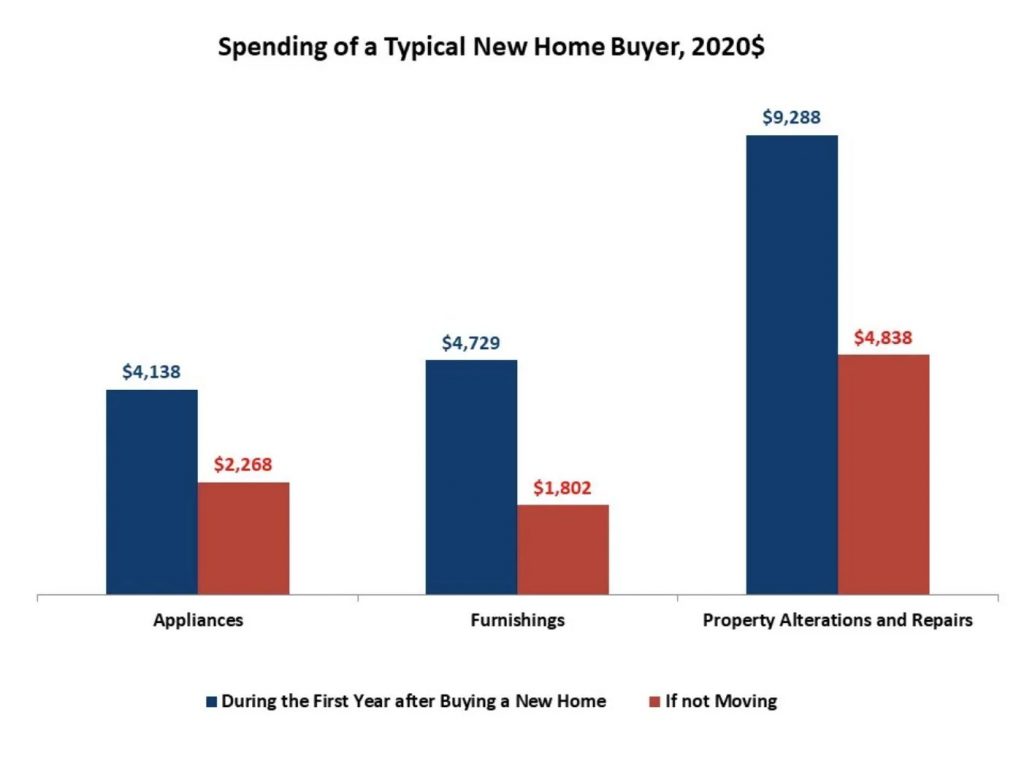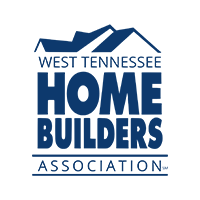by Kris Ruaro, Social Media & Special Events Coordinator

The benefits of new homes are numerous. The gains realized are not only for the buyers and the builder. The positive impact of new residential construction is far-reaching, bringing enhancements to families, businesses, and services throughout a community immediately and for years to come.
According to the National Association of Home Builders (NAHB), building 1,000 single-family homes generates 2,900 jobs across all U.S. industries (including construction, manufacturing, trade, and professional services). Home building also generates approximately $189 million in wages and more than $129 million in federal, state, and local tax revenues and fees.

The analysis shows the outsized economic impact the home building industry has on our economy, but what does that mean in our community's real, day-to-day lives?
According to an NAHB analysis of Consumer Expenditure Survey data from the Bureau of Labor Statistics, home buying generates a wave of additional spending and activity not accounted for in the home's purchase price alone. For example, during the first year after closing on the house, a typical buyer of a newly built single-family home spends on average $9,250 more than a similar non-moving homeowner.
It might not come as a surprise, but the differences in spending between new home buyers and those from identical households are related to property alterations and repairs. A typical new home buyer is estimated to spend almost twice as much ($9,288) on property alterations and repairs compared to an identical household that stays put in a house they already own.
A closer examination reveals that most of this extra spending is used in building outdoor features, such as patios, pools, walkways, fences, landscaping and various additions to the new house. The new home buyer will likely hire local companies for these services to help them regularly maintain their home.
All this economic activity puts income into the pockets of local business owners and their families, who can then afford to go out and spend themselves, investing even more money into the community's economy.
Families who buy newly built homes enjoy benefits including safety, amenities, energy efficiency, and floor plans to fit a modern lifestyle. But the advantages of new homes extend far beyond the buyers and the builders — residential construction has a positive, direct impact on the local community for years.
If you are ready to build your new home, the WTNHBA has members that can help you. Click here to see the full list of custom builders.
